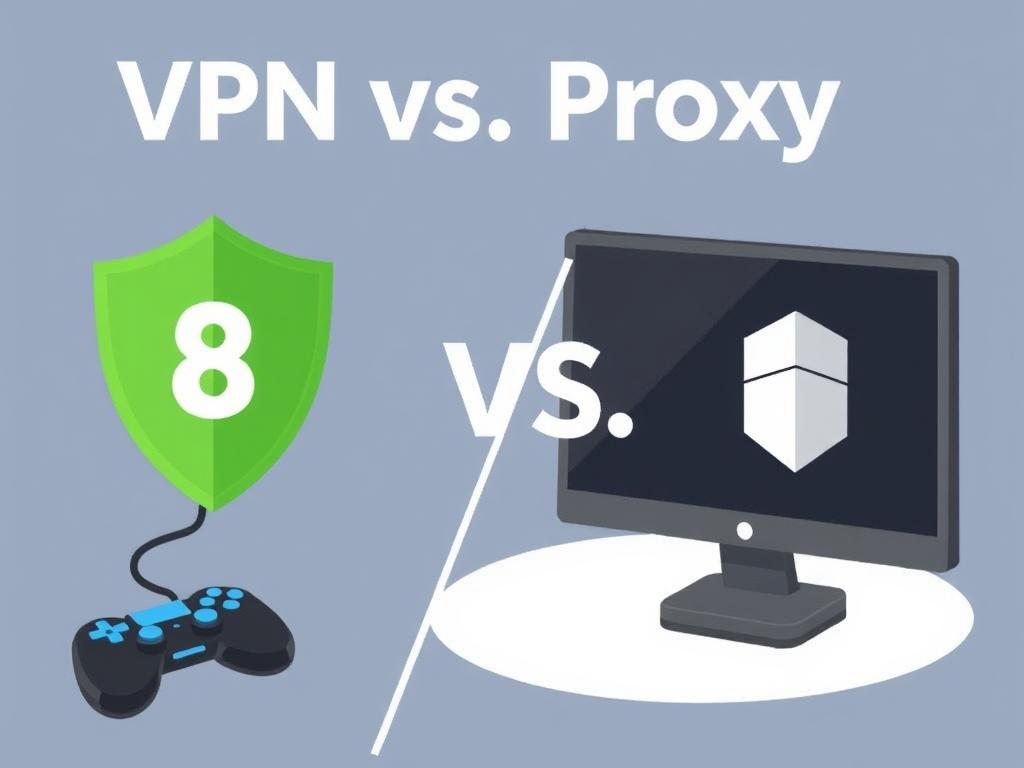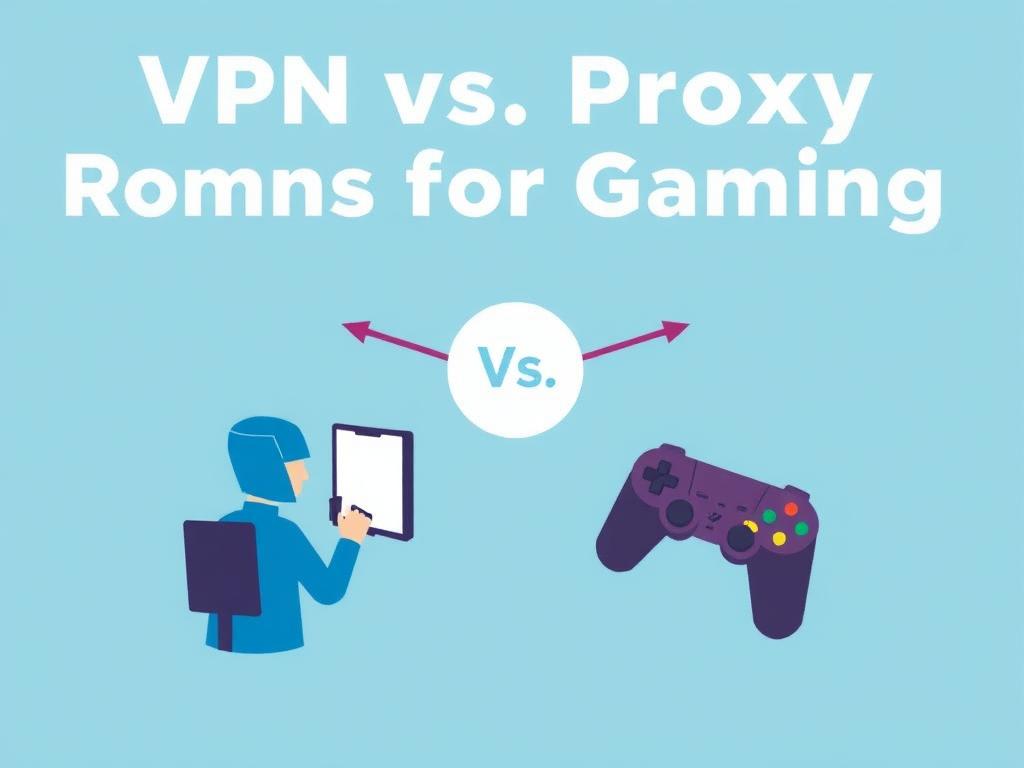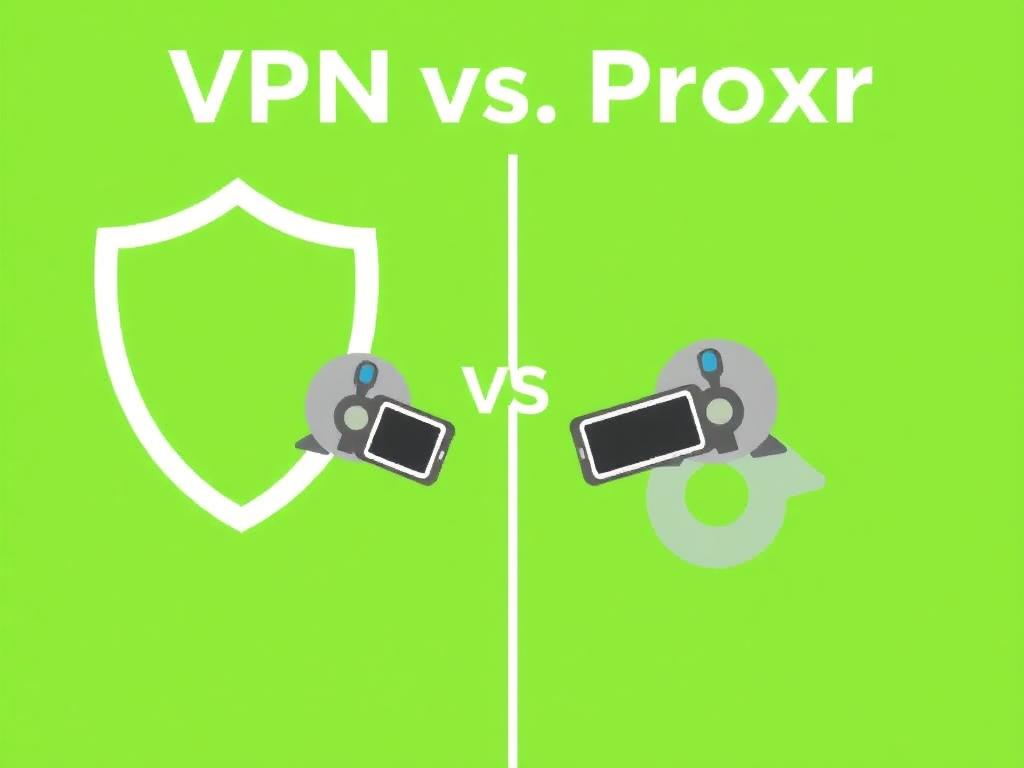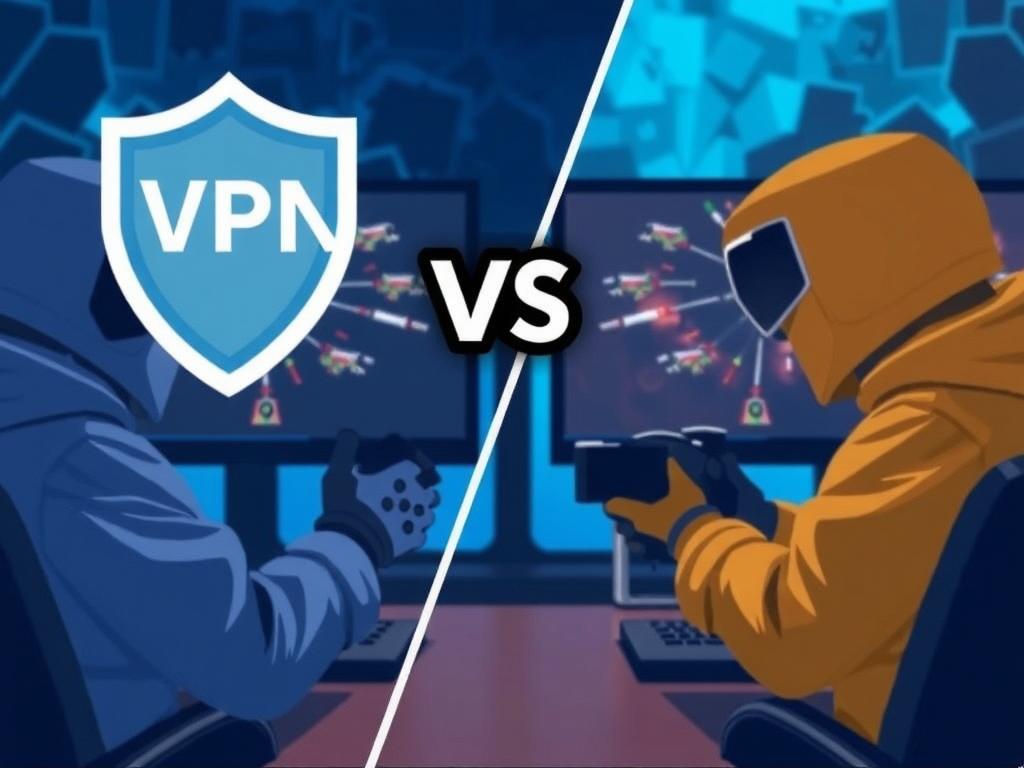When it comes to improving your online gaming experience, many players are faced with the choice between using a VPN or a proxy. Both tools offer ways to mask your IP address and change your virtual location, but understanding their strengths and weaknesses can make a huge difference in your gaming performance and security. So, which option is better for gaming? In this article, we will explore the fundamental differences between VPNs and proxies, how they impact gaming speed and security, and which one might be right for your particular gaming needs.
Understanding the Basics: What Are VPNs and Proxies?
Before diving into their gaming benefits, it’s important to understand what VPNs and proxies actually do. A Virtual Private Network (VPN) creates a secure, encrypted connection between your device and a server somewhere else in the world. This means all your internet traffic is routed through this server, masking your true IP address and encrypting the data to protect your privacy.
On the other hand, a proxy server acts as an intermediary between your device and the internet. When you use a proxy, your internet requests are sent to the proxy server first, which then forwards them to the gaming server. Proxies typically don’t encrypt your traffic, so they primarily serve to hide your IP and sometimes bypass content restrictions.
Key Differences Between VPN and Proxy
| Feature | VPN | Proxy |
|---|---|---|
| Encryption | Strong encryption for all data | No or minimal encryption |
| IP Masking | Yes, for all traffic | Yes, but usually limited to certain apps or browsers |
| Speed | May be slower due to encryption | Faster, since no encryption |
| Privacy | High | Low to moderate |
| Security | High, protects against hacking | Low, vulnerable to attacks |
How VPNs Impact Your Gaming Experience
Using a VPN for gaming can provide enhanced security and privacy. Since VPNs encrypt your data, they shield you from threats like DDoS attacks—a common problem for competitive gamers. This encryption also helps to keep your online activity private from ISPs or potential hackers, meaning you can focus on your game without worrying about being targeted.
However, VPNs can sometimes slightly increase your ping or latency due to the extra step of data encryption and routing through a VPN server. Depending on the VPN provider’s quality and server proximity, this could affect fast-paced games where every millisecond counts. That said, many premium VPNs offer optimized servers specifically designed for gaming, which help minimize latency issues.
Advantages of Using a VPN for Gaming
- Access to geo-restricted games and content
- Protection from DDoS and man-in-the-middle attacks
- Improved privacy and security by encrypting all traffic
- Ability to bypass ISP throttling (which can slow gaming traffic)
How Proxies Affect Online Gaming
Proxies offer a more lightweight way to mask your IP address and change your virtual location, which can be useful for bypassing region locks or accessing blocked game servers. Since proxies generally don’t encrypt your traffic, they usually introduce less lag compared to VPNs, making them appealing for gamers who prioritize speed.
That said, the lack of encryption is a trade-off. Proxies don’t protect your data from being intercepted, leaving you vulnerable to hackers or snoopers. Also, many proxies work only with specific apps or web browsers, so your gaming traffic might not be routed through the proxy unless configured correctly.
Advantages of Using a Proxy for Gaming

- Lower latency since traffic isn’t encrypted
- Quick and easy IP masking for region unlocking
- Can be set up for specific games or browsers
- Usually free or very low cost
VPN vs. Proxy for Gaming: Which One Should You Choose?

The choice between a VPN and a proxy for gaming depends on what you value most—speed, security, or privacy. If you’re primarily focused on minimizing lag to gain a competitive edge, a proxy might seem tempting thanks to its lower overhead. However, if you’re concerned about keeping your gaming data safe and securing your connection against attacks, a VPN is a far better choice despite a possible slight increase in latency.
Additionally, VPNs open doors to more gaming content by letting you bypass geo-restrictions with high reliability. Proxies can do this but might be blocked more easily by game servers once detected. Many professional gamers and streamers prefer VPNs to keep their connection stable, safe, and private, even if it means a mild trade-off in speed.
Comparison Table: VPN vs. Proxy for Gaming
| Factor | VPN | Proxy |
|---|---|---|
| Speed (Latency) | Moderate, depending on server | Fast, minimal impact |
| Security | High – encrypted traffic | Low – no encryption |
| Privacy | Excellent | Limited |
| Ease of Setup | Medium – requires app/software | Easy – can configure browser or app |
| Bypass Geo-Restrictions | Very effective | Effective but less reliable |
| Protection Against DDoS | Yes | No |
| Cost | Usually subscription-based | Often free or cheap |
Tips for Optimizing Your Gaming Connection with VPN or Proxy
Whether you decide to go with a VPN or a proxy, there are some best practices to keep your gaming connection smooth:
- Choose a server close to your game server: The farther away the VPN or proxy server, the higher the latency. Always connect to a server geographically near your game’s server.
- Use a gaming-optimized VPN: Many VPN providers offer servers and protocols optimized for reducing ping and maintaining speed.
- Test your connection: Before jump-starting your game session, check your ping and download speed with and without the VPN or proxy to ensure you’re getting an improvement.
- Avoid free proxies or VPNs: These often have slower speeds, less reliability, and risk your data privacy.
- Configure split tunneling for VPNs: This allows you to send only your game traffic through the VPN while keeping other apps on your regular connection.
Popular VPNs and Proxies for Gaming

There are numerous services geared toward gaming, but here are some popular choices to consider:
| Service | Type | Best Feature |
|---|---|---|
| ExpressVPN | VPN | Excellent speed and vast server network |
| NordVPN | VPN | Strong security with gaming-optimized servers |
| Hide.me | Proxy & VPN | Offers free proxy and VPN service |
| Smartproxy | Proxy | High-speed rotating residential proxies |
Potential Drawbacks You Should Know
Both VPNs and proxies have potential downsides for gamers. VPNs can slightly increase lag or cause occasional disconnects if the server is congested or far away. Some game servers actively block VPN connections, which might limit your access. Proxies, while fast, offer no encryption and may expose your data to hackers or allow outsiders to monitor your gaming activity. Furthermore, many free proxies bombard you with ads or track your behavior.
Therefore, carefully weigh your priorities and try out different options using free trials or money-back guarantees before committing to a paid service.
Conclusion
Ultimately, the decision between VPN and proxy for gaming hinges on your specific needs. If security, privacy, and protection against attacks are top priorities, a reliable VPN is your best bet, even if it sacrifices a bit of speed. However, if your main goal is reducing latency and you don’t require strong encryption, a proxy might suit you better. Keep in mind that the quality of the service matters significantly in both cases. By understanding the key differences and testing options yourself, you can confidently enhance your online gaming experience, protect your data, and enjoy your favorite games without unnecessary restrictions or interruptions.
